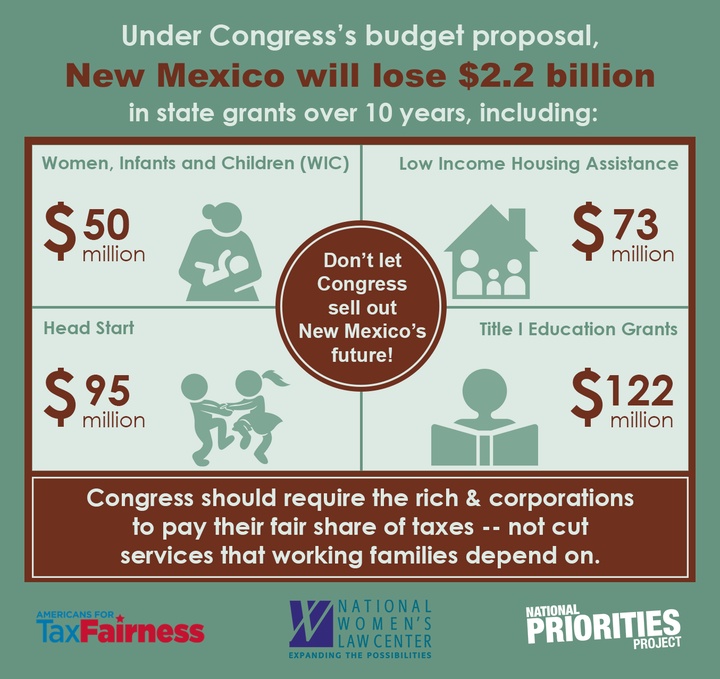

Many economists believe that if deficits continue to rise and the national debt grows, government borrowing will “crowd out” private lending and force up interest rates. The White House is also likely to propose rolling backing some of the domestic spending increases in the government-wide funding bill. The vote is sure to fall well short of the two-thirds majority required to pass. Trump has ruled out cuts to social security or Medicare and Republicans on Capitol Hill have failed to take steps against the deficit since Trump took office.Īfter conservatives complained about the $1.3tn catchall spending bill passed last month – which blew through previous budget limits by $300bn over this year and next – House GOP leaders have scheduled a vote this week on a proposed amendment to the constitution to require a balanced federal budget. Republicans controlling Washington have largely lost interest in taking on the deficit. Fiscal Policies, Congressional Budget Office Working Paper 2012-08 (May 2012). 1 would reduce revenues by about 1,649 billion and decrease outlays by about 194 billion over the period from 2018 to 2027, leading to an increase in the deficit of 1,455 billion over the next 10 years. provisions of the stimulus package, such as tax cuts and transfer payments (including unemployment insurance payments) to individual people.

In this blog post, I discuss changes to CBO’s economic forecast since January 2017 and provide an estimate of the portion of those changes that. Deficits would grow to $1.5tn by 2028 – and could exceed $2tn if the tax cuts are fully extended and if Washington does not cut spending. According to CBO’s and the staff of the Joint Committee on Taxations (JCT) estimates, enacting H.R. Over the past year, in hearings and other contexts, I have received many questions about how the 2017 tax act (Public Law 115-97) has affected the Congressional Budget Office’s economic forecasts. Last week, the non-partisan Congressional Budget Office (CBO).

The government would borrow about 19 cents of every dollar it spends this year. In fact, their tax cuts would be so expensive that their deep and harmful cuts would not reduce the deficit. The report paints an unrelentingly bleak picture of federal deficits, which would permanently breach $1tn in 2020 without action by Congress.


 0 kommentar(er)
0 kommentar(er)
